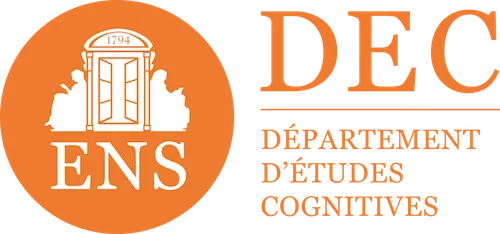

The Benefits of AI in Personalizing Learning Paths
In a context where learning evolves at the crossroads of technology and human sciences, artificial intelligence (AI) opens up fascinating perspectives. However, behind the promise of personalized learning paths lie complex challenges. Learning to master these subtleties is essential to fully exploit the potential of AI, especially in educational and professional contexts.
A tailored learning experience: more than just a question of data
AI is often seen as a magic tool that can instantly personalize journeys.
In reality, the success of such an approach depends on the quality of the data collected and their interpretation. Too often, existing systems require designers to spend hours creating detailed learning paths, making the process cumbersome and time-consuming.
This is where the real complexity lies: how do you transform raw content into relevant educational experiences without overloading teams?
The key is to align tech and pedagogy.
For example, a system that can automatically structure content according to proven cognitive principles can greatly simplify this step, while maintaining a high level of quality.
To go further on the question of the adequacy between pedagogy and technological innovation, you can consult our article on The distinction between engagement and learning in EdTech.
Increased commitment thanks to well-calibrated pedagogy
Learner engagement is often presented as one of the main benefits of AI. However, it is not enough to add interactive or fun elements to guarantee real involvement. Finding the right balance between guidance and autonomy is essential.
Too much support may appear to be infantilizing or demotivating the cognitive effort needed to learn, while a lack of structure can leave learners feeling lost or discouraged.
Again, mastering cognitive science plays a fundamental role. Well-calibrated guidance is based on a thorough understanding of learners' needs: strengthening their sense of competence, giving them a clear direction while encouraging them to get actively involved. This balanced approach makes learning engaging while promoting a real increase in skills.
To further explore this theme, our article on The importance of good calibration in AI and learning Offer concrete examples.
Anticipating future needs: an alchemy between ambition and accessibility
Anticipating needs is another major asset of AI, but it is not without challenges. A poorly calibrated AI can generate learning goals that are too ambitious, risking demotivating learners, or on the contrary too modest, limiting their progress.
The real challenge is to develop models that integrate both a detailed knowledge of learners' current skills and an understanding of the future needs of their organization or sector. This involves a rigorous analysis of trends and expectations, combined with adaptation mechanisms capable of adjusting courses to the right level of difficulty.
The objective is to keep learners in a zone of optimal effort, where progress is stimulating but achievable.
To learn more about this topic, our article on How does AI anticipate future skills provides inspiring leads and case studies.
Didask: the synergy between AI and cognitive sciences for effective learning
At Didask, we have chosen to combine the advantages of AI with the fundamental principles of cognitive science to meet these challenges.
Our platform is designed to go beyond generic solutions: it automates the creation of personalized courses from raw content, selects the most appropriate teaching modalities and adjusts levels of ambition to ensure accessible but stimulating learning.
With our unique approach, we help businesses and institutions design courses that not only meet current needs, but also anticipate tomorrow's skills. With Didask, each learner benefits from an optimized course, aligned with their needs and the strategic goals of their organization.
Make an appointment directly with our eLearning experts for a demo or simply more information.












